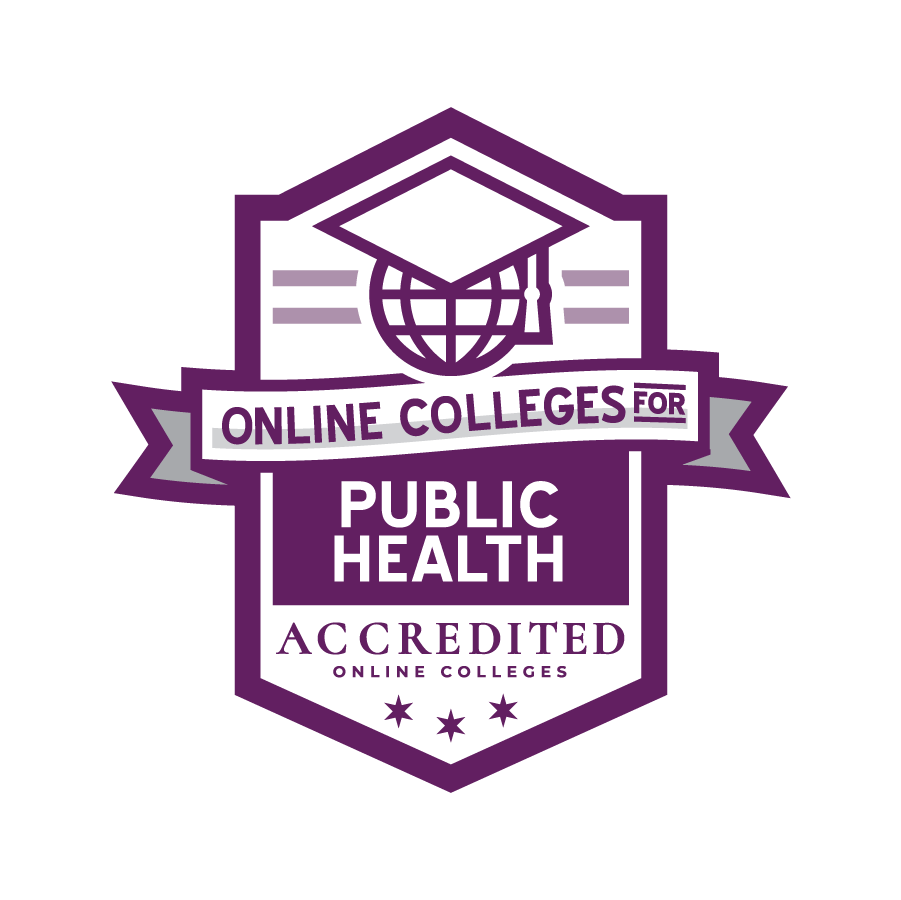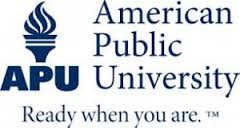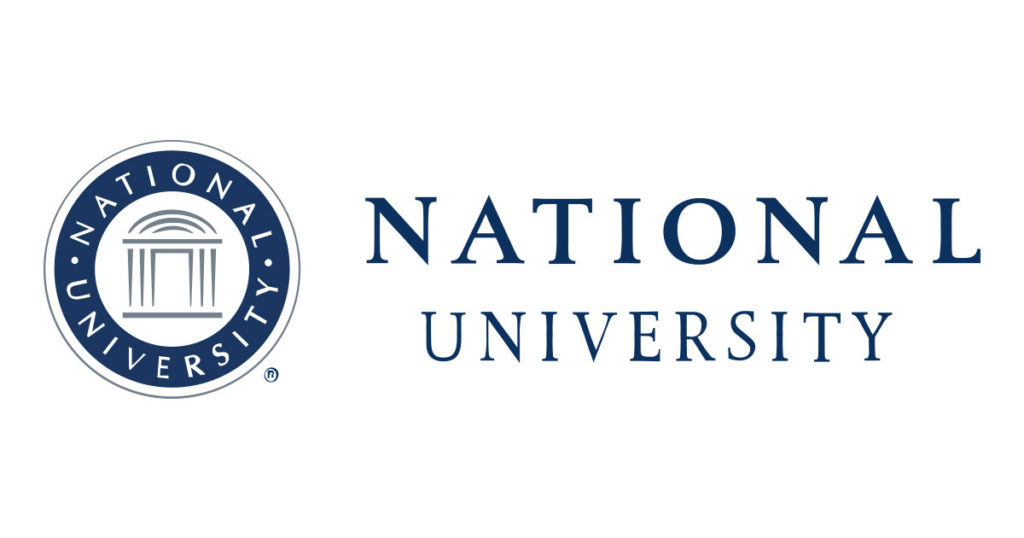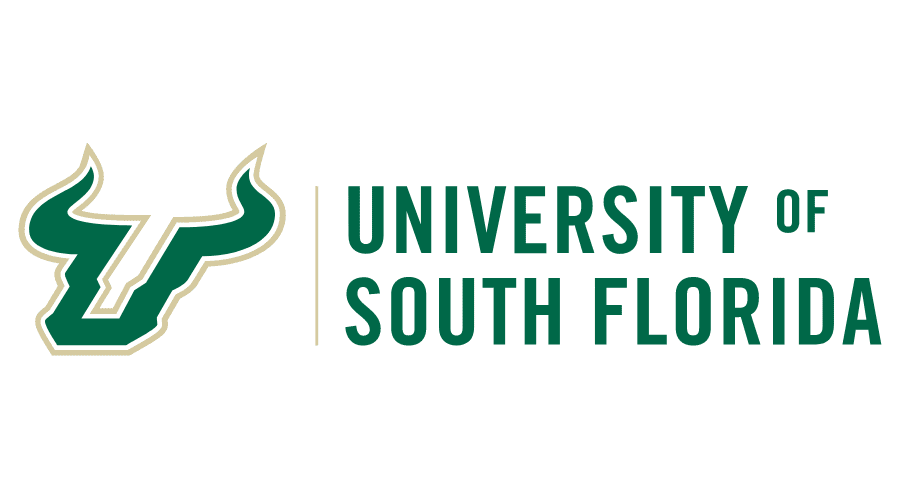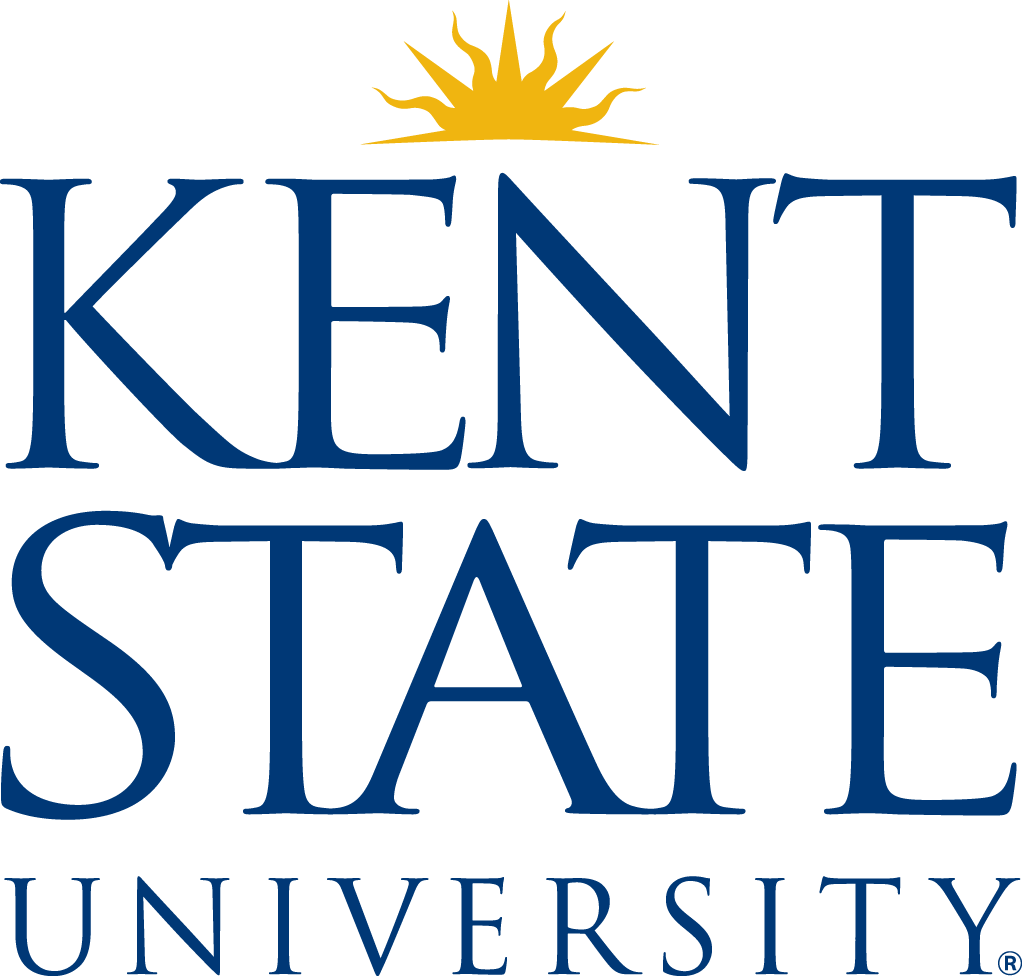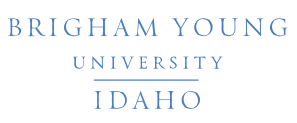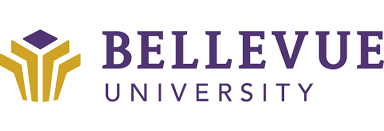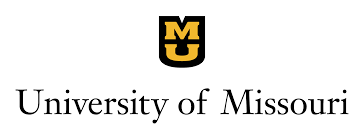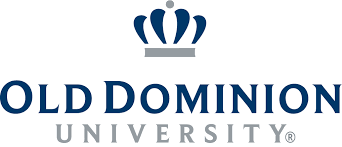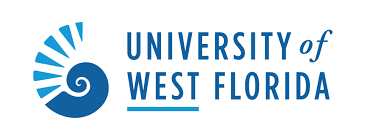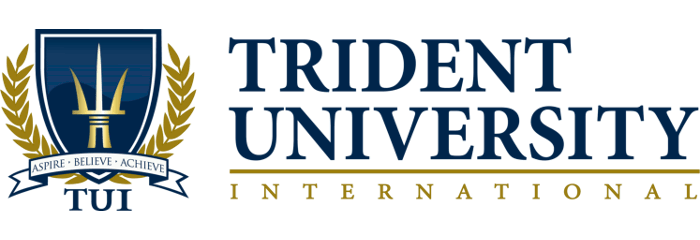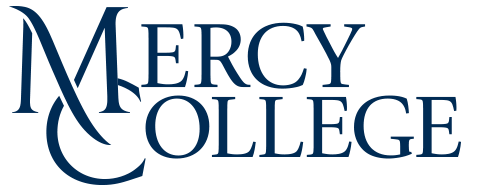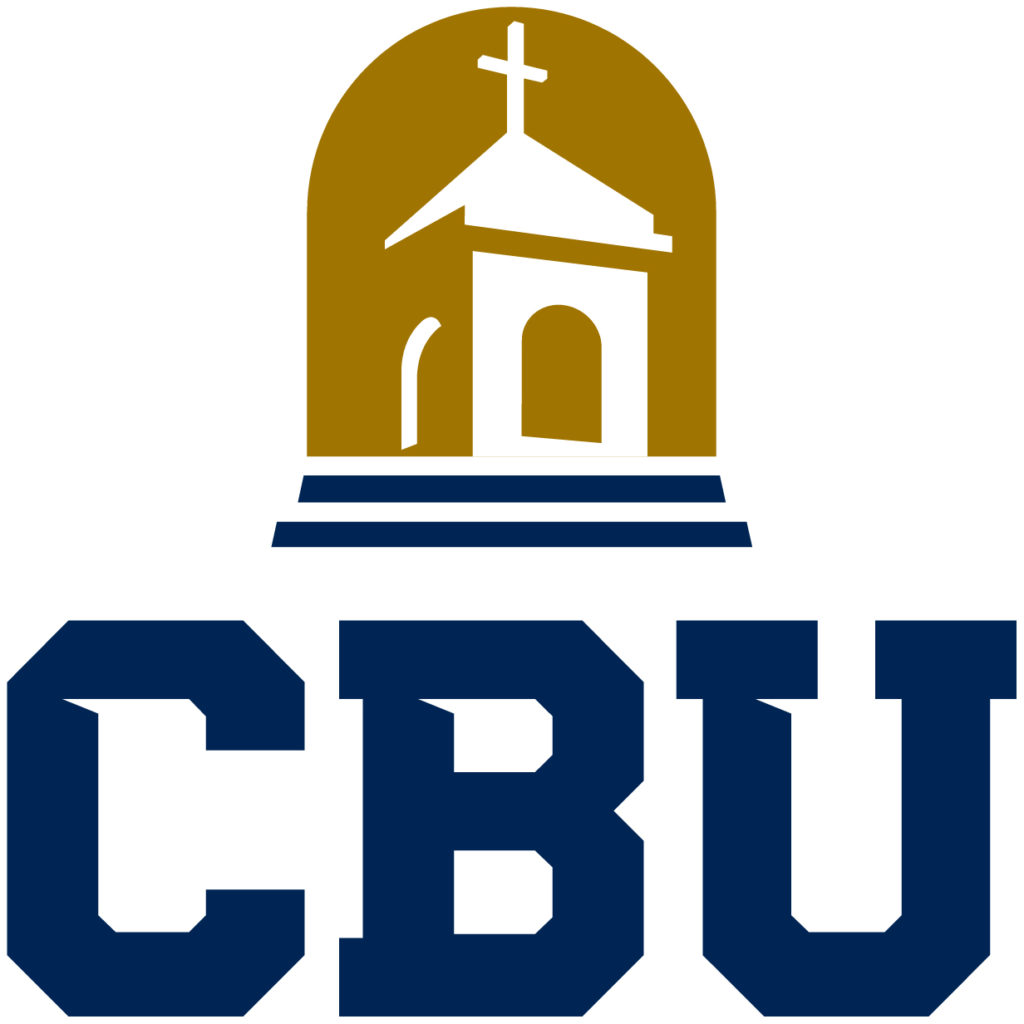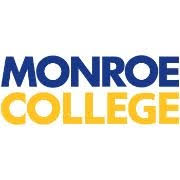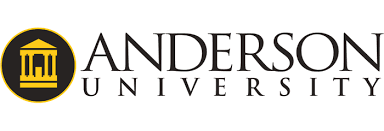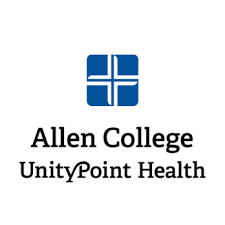The best accredited online colleges in public health are accredited by national bodies and will equip you with the skills, academic knowledge, and practical experience needed to succeed in fast-growing careers.
The best accredited online colleges in public health know that you need a flexible degree program. You’ll gain a transcript that’s equally as valuable as your on-campus cohort, but you’ll enjoy the flexibility to fit your studies around your busy working schedule.
What is public health?
The American Public Health Association (APHA) defines public health as an activity that “promotes and protects the health of people and the communities where they live, learn, work, and play.” Public health professionals may work closely with patients in the community, designing and implementing programs and policies to improve health. Or, they may work behind the scenes as healthcare administrators for example.
Public health is an excellent industry for graduates concerned about future employment prospects in an increasingly competitive world. Health education specialists and community health workers are expected to be in greater demand over the next decade, with a predicted rise of around 13%, or 17,000 new positions, according to the Bureau of Labor Statistics (BLS). For graduates seeking management roles, the outlook is even better; the BLS expects a rise of around 32%.
See Also: 30 Top Nationally Accredited Online Colleges For Nursing
What are the Best Public Health Degrees?
Accredited Online College uses the most recent data from the Department of Education’s National Center for Education Statistics. Each program is scored individually. It’s then compared to all other universities offering that degree to determine the final score you see by each ranking. Accredited Online College considers the affordability, student-to-faculty ratio, and the number of programs offered on-campus and online. To learn more, visit our methodology page.
#1. Capella University
Capella University offers a BS in Public Health that accepts a generous maximum of 135 transfer credits. Comprising 180 total quarter credits, you’ll study a blend of general education, core, and elective courses, culminating in a capstone experience in your final semester. There’s also an Accelerated Master’s Pathway (AMP) that allows you to start your master’s study during the course of your bachelor’s degree.
Students studying health degrees at Capella benefit from Vila Health, a simulated health care environment that will help you to develop your problem-solving and practical skills. Other services are available too, including support for developing your writing skills, enrollment counselors, and academic advisors who know the program inside-out.
The cost of your program will be $365 – $388 per credit. You may also reduce your tuition by up to $15,000 with the Capella Progress Reward Scholarship.
#2. American Public University
American Public University (APU) offers an Online Bachelor of Science in Public Health via the School of Health Sciences. You’ll be able to choose from four concentrations, including:
- General track
- Emergency and Disaster Management
- Nutrition and Wellness
- Public Health Informatics
Each concentration comprises 21 semester hours of courses specific to the concentration.
In addition to your chosen concentration, you will also complete 30 semester hours of general education requirements to ensure you have a solid academic foundation to build upon. You’ll complete 37 semester hours of major requirements too, including courses like Leadership & Motivation, Research, Analysis, and Writing, and Public Health in America.
APU is particularly competitive when it comes to undergraduate cost of attendance. There are no application fees and no fees for transferring credits. Even your textbooks and eBooks are without charge. On this program, you’ll pay around $285 per credit ($250 with the military grant) for a total of 120 credits.
#3. National University
At the largest nonprofit university in San Diego, National University, you can enroll in a Bachelor of Science in Public Health. This degree is designed to get you ready for entry-level roles in public health, including:
- voluntary health agencies
- governmental organizations
- community health facilities
- education agencies
Offered as either an on-campus or online program, classes run for four weeks, helping you to schedule your time effectively. Classes take place in the evening and on weekends for maximum flexibility, and you can also enroll at any point throughout the year. Classes start every month.
At National University, you’ll pay around $370 per quarter credit for courses at any level. General fees may apply. Recently, in celebration of their 50th anniversary, National University invested $30 million into new scholarship programs. Check out their website for more information on scholarships.
#4. University of Arizona
The Bachelor of Science in Public Health at The University of Arizona is immensely popular. After all, it was named No. 7 on a ranking of the ‘Best Online Bachelor’s Programs in the Nation’ according to U.S. News & World Report (2021). Comprising a total of 120 credits, you’ll need a University of Arizona GPA of at least 2.5 to be eligible to apply.
Combining coursework with experiential education, this program’s curriculum will prepare you with both the academic and practical skills needed to succeed in public health careers. Students may choose an area of emphasis from three options, including:
- Global Health
- Health Systems Theory
- Practice and Public Health Practice
Tuition for this undergraduate program is set at a rate of around $525 per credit. There’s no out-of-state tuition, and you can pay on a per-credit basis to help manage your budget. Among Arizona’s public universities, The University of Arizona was ranked No. 1 for alumni earning potential according to PayScale.
#5. Northern Arizona University
Students can enroll in a Bachelor of Science in Health Sciences – Public Health at Northern Arizona University (NAU). It’s a fully online program that includes a public health internship experience to help develop your clinical expertise. With further education, it can lead to careers such as
- nurse
- physician
- epidemiologist
- community college instructor
The major requirements include 19 units of health science courses, 43 units of public health courses, and 9 units of internship experience. However, you can choose to complete 9 electives in place of the internship if it will better fit your schedule.
Northern Arizona has some of the lowest undergraduate tuition in the state. Undergraduates studying online degree programs pay a rate of around $455 per credit hour, in addition to mandatory fees. Fees cost $104 for the first 6 credit hours and an additional $104 for any hours thereafter.
#6. University of South Florida
At the University of South Florida, you can enroll in a B.S.A.S. in Applied Science with a Public Health Concentration. Comprising a total of 120 degree hours, it provides a wide group of students with access to undergraduate education. It’s suitable for students who hold an associate’s degree and transfer students.
It’s worth noting that this degree program carries a foreign language requirement that may be satisfied by two years’ worth of high school language study. Otherwise, you’ll need to complete either this or an American Sign Language course. The remainder of the curriculum comprises general education, major, and elective courses.
Resident undergraduate tuition rates vary from $185.92 to $211.19 per credit hour, while graduates pay $417.90 to $431.43. Non-resident students pay $549.75 to $575.01 per credit hour for undergraduate programs and $863.64 to $877.17 for graduate degrees. More information on mandatory fees can be found on this page.
#7. Kent State University
Kent State University offers a Bachelor’s Degree in Public Health with a choice of four concentrations. These include:
- Allied Health
- Clinical Trials Research
- Health Promotion and Education
- Health Services Administration
It’s taught by one of only two colleges of public health in the state, and it was the first to offer a degree of this type.
In addition to earning your degree, you’ll have the opportunity to gain a Public Health Certificate. Open to both students who are pursuing the bachelor’s degree and those who do not wish to, this certificate offers a chance to broaden your knowledge of disease prevention, environmental health, and the U.S. healthcare system.
Your approximate cost of attendance (COA) at Kent State depends on your program of study. This online bachelor’s degree is among the most expensive programs, costing around $46,000 in tuition and fees. You can find a full list of tuition fees and other information on costs by going to this page of the university’s website.
#8. Youngstown State University
Youngstown State University offers a Bachelor of Science in Applied Science in Public Health with two possible tracks. These are the Health Education/Health Promotion track and Environmental Health and Safety Track. There’s also a choice of additional minors, which include Public Health, Community Health Planning and Evaluation, and Environmental Health and Safety.
The degree curriculum focuses on five key areas of public health training that are critical to a career in the industry. These include:
- epidemiology
- biostatistics
- health services administration
- environmental health
- behavioral science/health education
These subjects will be explored across multiple courses, covering the Public Health Core Competencies and culminating in an internship.
Youngstown State University offers the most affordable tuition in the state and beyond, according to their website. Indeed, undergraduate tuition is estimated at just $15,807 on average, including mandatory fees. More detailed tuition and other costs can be found on their website, and there’s a tuition calculator for more accurate estimates.
#9. Brigham Young University-Idaho
At Brigham Young University, you can enroll in a Bachelor of Science in Applied Health. The degree program blends together study in public health, program planning, and implementation, and a range of other subjects to create well-rounded graduates. You’ll be a confident public health professional who can communicate well, implement and evaluate health education, and improve health in the community.
This unique program combines undergraduate certificates to help you meet the program requirements. You’ll complete a number of certificates, including those such as Community Health Planning and Implementation and Community Health Methods and Evaluation, before completing required core courses and an internship. A full list of certificates can be found on the program page.
Tuition for undergraduate studies depends on a number of factors. If you completed PathwayConnect, then you’ll pay around $77.00 per credit as a member of The Church of Jesus Christ of Latter-day Saints or around 25% more as a non-member (the Preferred Path tuition plan). Students who didn’t complete PathwayConnect will pay around $131 per credit as church members or 25% more than this rate otherwise.
#10. University of South Dakota
The School of Health Sciences at the University of South Dakota offers a Bachelor of Science in Health Sciences. Students also have access to:
- Health Sciences Minor
- Public Health Minor
- Interprofessional Disabilities Services Minor
With these options, you can create a highly customized pathway to your preferred profession.
Completing a total of 120 credit hours to satisfy your major, you will also gain real-world clinical experience through a combination of hands-on practice and service learning. An optional Clinical Studies Specialization can help you to further refine your practical experience in this program prior to entering the job market.
Undergraduate tuition for online programs is charged at a rate of around $354.75 per credit hour. Active Duty military students can benefit from a reduced rate of $250, while veterans may get a rate of just $95.65. For more information on tuition and mandatory fees go to their website.
#11. Central Washington University
Central Washington University (CWU) offers a Bachelor of Science in Public Health through the College of Education and Professional Studies. The curriculum is focused on:
- disease prevention
- policy and program development
- community health and wellbeing
At enrollment, you’ll select a specialization from either Population Health or Pre-Nursing.
The Population Health specialization centers on the prevention of disease, dealing with inequities, and implementing programs and policies to improve community health. The Pre-Nursing specialization comprises nearly twice the core credits as the Public Health option, and it has been designed for students who want to enter nursing school with a solid foundation of knowledge.
CWU’s undergraduate tuition for state residents is around $2,835.16 for full-time enrollment of between 10-18 credits. For non-residents, this rises to around $8,193.56. There are some mandatory course fees, and a full list of these can be found on this page.
#12. Excelsior College
At Excelsior College, you can complete a Bachelor of Science in Health Sciences. Comprising 120 credit hours in total, the program accepts up to 113 credits through credit transfer. You could also earn between 9-38 credits from health care licenses and certifications, reducing the time taken to graduate from this degree program.
You’ll choose one area of emphasis from Health and Wellness, Management, or Public Health. Alternatively, you can opt to choose no emphasis and create your own, individualized program by selecting health science-related courses or using transfer credits to meet the requirement. You will also complete a capstone course in which you’ll apply the skills you’ve learned to assess real cases in healthcare.
Undergraduate students at Excelsior typically pay tuition costs of around $510 per credit hour. However, for the most accurate estimates, you should check out the Net Price Calculator on the website. You can also find more information on financial aid and scholarships through the university’s website.
#13. Bellevue University
The Bachelor of Science in Health Science at Bellevue University is a fully online program that can prepare you for careers in public health or even further study in medical school. The Pre-Medical Certificate offered in conjunction with this degree program can be completed if you have also completed the necessary prerequisites, though not all courses in this certificate are offered online.
Coursework can be completed in asynchronous format, offering you greater flexibility around your busy schedule. You’ll also receive help from a student coach from enrollment through to graduation. Completing a total of 127 credits, you’ll study a broad selection of courses that are well-detailed on the program page.
Tuition for this undergraduate degree runs at around $430 per credit, which is slightly more expensive than the $315 per credit campus-based rate. There’s also a generous credit transfer policy. Bellevue has been named one of the Most Affordable Colleges Online in a previous ranking by BestColleges.
#14. University of Missouri
The Bachelor of Science in Public Health at Missouri Online has been ranked as one of the Best Online Programs according to U.S. News & World Report. Delivered entirely online via distance learning, the program comprises 120 credit hours and takes an average of four years to complete.
Your core coursework will cover essential knowledge areas in public health, including:
- social and behavioral health
- environmental health
- public health ethics
- health promotion programs and management
- qualitative methods in public health
The degree is accredited by the Higher Learning Commission and Council on Education for Public Health (CEPH).
A typical undergraduate distance learner can expect tuition of around $20,456 as an in-state student or $23,016 for out-of-state students. However, for this program, the estimated cost for freshman students is around $45,561.00. As a credit transfer student, your tuition could cost as little as $22,353.00 thanks to a generous credit transfer program.
#15. University of North Carolina Greensboro
UNC Greensboro has a Bachelor of Science in Public Health Education that is taught fully online. According to the Social Work Degree Guide, it is the No. 2 public health education program in the nation. Admissions require you to have a prior degree at the associate or bachelor’s level to be eligible, in addition to a minimum cumulative GPA of 2.5.
Your 120 credit hours include a number of general education core requirements to give you a solid academic foundation to build on. Your major will include critical courses in public health, including:
- understanding the U.S. healthcare system
- public health diseases
- environmental health
Estimated undergraduate tuition for students who are state residents comes to around $222 per credit hour. For out-of-state students, the rate is much higher at around $854 per credit hour. Those progressing to a public health-related master’s degree can expect to pay between $336 and $1,098 at the graduate level.
#16. Murray State University
At Murray State University, you have a Bachelor of Science in Public and Community Health, which offers three specialization tracks:
- Healthcare Administration
- Health Education and Promotion
- Health Informatics Administration
Each ends in a semester-long internship opportunity for developing your practical skills.
The program comprises 120 credits in total, with around 24-32 credits spent focusing on courses in your chosen track, depending on your choice. The rest of your curriculum will focus on courses in public and community health, including Biostatistics in Public Health and Epidemiology for example.
Undergraduate tuition varies depending on your state of residency. Kentucky residents pay the least at around $382.00 per credit hour, while Tennessee residents pay $404.00. Students from Alabama, Arkansas, Illinois, Indiana, Missouri, and Mississippi pay around $452.50. Non-residents pay approximately $580.00 per credit hour. An additional $75 per credit hour is charged on top of these rates for online programs.
#17. Old Dominion University
Old Dominion University Online (ODU Online) offers a Bachelor of Science in Public Health. According to GuidetoOnlineSchools.com, this program is the Best Online College for Bachelor’s in Public Health. Students continuing onto the Master of Public Health could apply up to 12 credit hours toward the completion of their degree.
To gain your bachelor’s degree, you’ll have to complete 120 total credit hours, with at least 30 being completed through ODU Online. Your courses will cover topics such as:
- Public Health Science
- Population Health
- Ethics in Health Administration
- Public and Community Health Administration
Each course comprises 3 credits.
Undergraduate students are charged tuition based on residency, though the difference is not vast. Students who are residents of Virginia pay around $360.00 per credit hour, while out-of-state students pay around $407.00 per credit hour. Active duty military students may also be eligible for a special rate of tuition.
#18. Central Michigan University
Central Michigan University’s Global Campus offers online programs including the Bachelor of Science in Health Sciences with an Option in Community Development. You’ll complete a total of 120 credits and choose from concentrations in:
- Community Services
- Health Sciences
- Public Administration
Your curriculum will include general education courses, core courses, concentrations, and electives.
To be considered for admission into the program, you will need to have a high school diploma with a GPA of at least 2.0 (or a GED). Transfer students must have a minimum GPA of 2.0 too, though freshmen may still be considered for conditional admission if they fall short.
Through the Global Campus, undergraduate tuition for online programs is charged at a rate of $417 per credit hour for lower level courses and $434 per credit hour for courses at the upper level. A range of discounts is offered for State of Michigan employees, military students, and other groups.
#19. Mississippi University for Women
Mississippi University for Women (The W) offers a Bachelor of Science in Public Health Education via the nationally recognized College of Nursing & Health Sciences. A second program, the Bachelor of Applied Science, is available for students who have already completed the AAS in an Allied Health program. Up to 43 career or technical credits can be applied toward the bachelor’s award.
Your first semester will ground you in essential college subjects, including English Composition, Natural Sciences, and College Algebra. As the program progresses, you’ll study courses such as:
- Biostatistics for Public Health
- Infectious Diseases in Public Health]
- Global Health
Majors must complete at least 124 credit hours to graduate.
Undergraduates at The W will pay tuition of approximately $3,878.00 as a full-time student or $323.17 per credit hour as a part-time student. More information on tuition rates and fees can be found on this page of the university’s website.
#20. The University of West Florida
At the University of West Florida, you can enroll in a Bachelor of Science in Public Health. The curriculum combines academic knowledge with practical, hands-on experience, including community engagement activities and a capstone project that takes place at the end of your degree program.
Comprising 120 credit hours and lasting for 48 months on average, the program accepts up to 90 transfer credits from prior college learning. Courses last for around 8 to 16 weeks. Your major courses will cover critical subjects in public health, including:
- Understanding U.S. Healthcare
- Diseases in Human Populations
- Epidemiology
- Health Information Systems
The cost per credit hour for this program is around $218.98, though there are some caveats. Alabama residents could receive the Alabama Differential Tuition rate, which is a reduced rate for students from out of state. There are further discounts available for eligible active-duty members of the U.S. military.
#21. Delaware State University
Delaware State University offers a Bachelor of Science in Public Health, which can lead to a variety of roles in the industry. You’ll gain a solid background in areas such as:
- education and policy
- health informatics
- community health promotion
- diseases management
- mental health
- nutrition
- human sexuality
The Public Health degree includes a senior capstone project, which is a 12-credit practicum requirement. You’ll be expected to write a comprehensive report and deliver an oral presentation on your practical experience. For a full list of courses included in the degree plan, check out the university’s website.
Students taking 12-18 credit hours per semester are considered full-time students at Delaware State University. On a full-time program, you’ll pay around $7,038 annually in tuition, in addition to fees of around $1,320. Out-of-state students pay a premium, with tuition costing around $16,960 annually. Rates for part-time students can be found on the website.
#22. Trident University
Trident University’s Bachelor of Science in Health Sciences is a fully online program offered by a fully online university. The curriculum follows something called the EdActive Learning Approach, which helps you to develop real problem-solving and critical-thinking skills in a workplace environment. There’s a useful video on this on the university’s website.
In this program, you can choose to follow the Public Health concentration or no concentration at all, though the Public Health option will help prepare you for careers in community health, policy, and planning. The degree comprises 120 credits, but you could reduce your time taken to graduate by passing a Trident Challenge Exam.
Standard undergraduate tuition at Trident University International is around $415 per credit, with retired military students paying a reduced rate of $330 and active-duty military $250. This works out to around $1,660, $1,320, or $1,000 per course, respectively. There’s no charge for books and supplies or other course materials, making Trident a value-for-money institution.
#23. University of Colorado Denver/Anschutz Medical Campus
At the University of Colorado Denver, you can get your Bachelor of Arts or Science in Public Health online. Additionally, an accelerated Master’s of Public Health program is offered, which could see you get your BA or BS and a master’s degree in as few as 5 years.
While students enrolled in the BA program develop knowledge in the areas of social sciences and public health, the BS program is aligned with natural sciences and public health. Students complete roughly the same number of credit hours, and admissions requirements for each program are also similar.
For state residents, undergraduates will pay tuition of around $434 per credit hour for standard programs (business, engineering, design, and computing programs are $484, while digital animation is $1,189). For students from out of state, the tuition rate for standard programs is around $521 per credit hour.
#24. Missouri Southern State University
At Missouri Southern State University, there are a number of online degree programs. The Bachelor of Science in Environmental Health & Safety Degree Completion Program is one of just 31 programs of its type that’s accredited by the EHAC (National Environmental Health, Science and Protection Accreditation Council). A number of other degree completion programs are also offered in various areas of the health sciences.
This online program has been designed for students transferring from an associate’s degree and who cannot easily commute for campus-based classes. There are a number of general education, chemistry, math, physics, and biology requirements. The courses available to choose from are broad, and you’ll complete a total of 120 credit hours.
In-state tuition for undergraduates enrolled in online programs comes to $309.88 per credit hour. In-state tuition rates apply to students eligible for the Lion Pride Tuition Discount, which covers:
- Arkansas
- Kansas
- Oklahoma
- Illinois
- Iowa
- Tennessee
- Kentucky
- Nebraska
- Texas
Other territories are also included. For online programs, out-of-state online students pay the in-state rate too.
#25. Mercy College
Mercy College offers a multidisciplinary major in Behavioral Science, including study in both Psychology and Sociology. With this program, students can opt to follow a Community Health, Gerontology, or Health Services Management track. The curriculum combines 4 required core courses and 8 electives, and the breadth of study in this program makes it a good option for transfer students from a range of academic backgrounds.
The Community Health specialization is directed toward future careers as a community health educator. You’ll also have the opportunity to apply for internships worth college credits, which can be arranged at a number of New York City sites. Classes are flexible and can be fit around your existing work schedule.
At Mercy College, you’ll benefit from one of the lowest private tuition rates in New York. What’s more, international students pay the same rate as U.S. citizens. Full-time undergraduate tuition comes to around $9,960.00 per term. There’s a registration fee, and other fees may apply.
#26. California Baptist University
California Baptist University (CBU) offers a Bachelor of Science in Public Health among its online degree programs. Comprising 120 credits, with 48 credits of major study, the program is accredited by the WASC (Western Association of Schools and Colleges) and CEPH (Council on Education for Public Health).
The program curriculum focuses on key subject areas in public health practice such as:
- epidemiology
- biostatistics
- environmental health
- occupational health
- curriculum design
You’ll develop skills including grant writing, research methods, and program planning and implementation. For students interested in graduate-level study, there’s also a Master of Public Health (MPH) offered online too.
Traditional online undergraduate tuition at CBU is charged at around $16,965 for full-time students (13-18 units per semester). This is a rate of around $1,305 per credit hour. More information on financial aid can be found on the university’s website, and there’s an online estimator for getting more exact estimates of your COA (cost of attendance).
#27. Southern New Hampshire University
Southern New Hampshire University (SNHU) offers a Bachelor of Science in Public Health. Up to 90 transfer credits can be applied toward your bachelor’s degree, and the program can be used as a stepping stone into a Master’s in Public Health (MPH). This program is regionally accredited by NECHE.
The curriculum’s courses are aligned with competencies set out by the Association of Schools and Programs of Public Health (ASPPH). You’ll study courses in areas that include:
- research and assessment
- health communication and education
- program planning
- epidemiology
All students are expected to take courses in general education, though you could earn math credit for prior knowledge.
Comprising 120 credits, the program attracts a tuition rate of $320 per credit hour for undergraduate students. Tuition for U.S. service members and their spouses is discounted by 30% for a rate of around $225 per credit hour. There are no application fees, though you’ll pay a graduation fee of $150.
#28. Monroe College
Monroe College offers flexibility with an Online Bachelor’s Degree in Public Health that’s available as either an online or campus-based degree program. You’ll have access to round-the-clock online tutoring and project-based learning, and you can study on your own schedule at any time. Faculty members include professionals who are still actively practicing.
As part of this program, you’ll have the opportunity to develop your practical skills through an internship. Some recent internships have included placements at sites including NY Presybterian Hospital, Mt. Sinai, NYU Langone, White Plains Hospital, and NYC Department of Health and Mental Hygiene. You’ll also have numerous networking opportunities and access to exclusive clubs and societies.
Typical undergraduate tuition at Monroe College is around $7,164 for full-time students taking between 12 and 18 credits per semester. The part-time tuition rate is around $597 per credit hour. Some programs, such as Nursing, attract a different rate of tuition, and you should expect to pay various fees that can be found here.
#29. Anderson University
Anderson University’s School of Nursing & Kinesiology offers a Bachelor of Science in Public Health. There are two pathways available: the first pathway involves a concentration in the sociological and behavioral context of health, while the second is geared toward natural sciences.
As part of your curriculum, you’ll look at simulations of poverty, refugees, and disasters, and how each of these relates to your chosen specialization. You will also have the opportunity to complete a practical experience, involving a two-week intercultural healthcare placement and internships with local or national health centers.
Anderson University charges around $390 per credit hour for undergraduate studies with the exception of the accelerated nursing program, which is $800 per credit hour. There may be additional course and lab fees, which can be found in the course catalog. Other tuition information can be found on the website.
#30. Allen College
Allen College offers a Bachelor of Health Sciences degree program, which includes an emphasis on Healthcare Leadership. It’s a fully online program that requires no campus-based study, which means that most students continue to work while enrolled and do not need to relocate. This can help keep your college costs low.
In total, you’ll complete 124 credit hours to graduate from your degree program. You’ll study courses including:
- Collaboration & Communication in Health Care
- Health Care Economics & Financial Management
- Health Care Informatics, and Policy
- Organization
- Finance
As an undergraduate student in this program, you’ll automatically be eligible for a 25% discount on your tuition. Before discount, the typical cost of undergraduate tuition is around $677 per semester credit hour. There are additional fees for this course too.
What will I study in a public health degree program?
When you enroll in a bachelor’s degree in public health, you’ll start by taking general education courses. These will cover subjects including English, math, and humanities. General education courses ensure that you have a strong academic foundation to build upon as you progress to public health-specific major courses.
In your final two years of study, you’ll focus on public health major courses. Some degree programs offer the chance to choose a concentration, which will often focus in more depth on areas such as:
- infectious disease
- epidemiology
- health policy and planning
If so, you’ll also study these courses in the latter two years of the program.
It’s common to be expected to complete an internship or practicum at the end of your program, even if you’re opting to study online. While the appeal of remote study is great for busy, working professionals, a practical experience can help you develop key skills, so you shouldn’t try to avoid the opportunity if you can help it. In many cases, the college or university will help you to find a placement close to home.
What can you do with a public health degree?
The field of public health is broad, and as such, there are many varied careers available to a public health graduate. Your options will depend on whether you continue on to graduate-level study, your experience, and the specialty that you choose. Careers exist in many industries, including government, state, and community public health organizations, in addition to many more.
Other careers exist in counseling agencies, international health organizations, and nutritional education centers. You could even find yourself working with emergency services or disaster planning and readiness organizations. In terms of community health roles, one of the more popular areas, you might find work as a community services manager, healthcare administrator, or medical and health services manager.
Other popular roles include biostatistician, systems analyst, and health information technician. International roles include aid worker, refugee coordinator, and global infectious disease analyst. However, many of these advanced roles require a master’s degree. The choices available to a public health graduate are vast, and you should definitely investigate the possibilities available before deciding on an exact path of study.
How much can I earn with a degree in public health?
Your earning potential in public health will depend on your specific job, and your level of education plays a role here. Community health coordinators and health workers earned around $42,000 annually in 2020, according to the Bureau of Labor Statistics (BLS). Health educators earned a little higher, at around $48,140.
Higher salaries tend to be available for public health administrators and public health analysts; these professionals earn a median salary of around $64,952 and $61,404 annually, according to the BLS. Public health advisors could earn an average salary of around $68,000 per year, while healthcare administrators make roughly $100,000.
What certifications or licenses can I get in public health?
Unlike some professions within the healthcare industry, there is no public health credentialing system at the national level. However, there are a number of certifications that you can pursue for specific careers, which could help you to be more competitive when applying for new roles, in addition to ensuring you’re at the top of your game.
Many employers look for the Certified in Public Health (CPH) certification, which is available to any graduate of a master’s program in public health. You’ll be tested on core knowledge taught by schools that are accredited by the CEPH, and you must have five years of experience working in public health to apply.
If you’ve set your sights on a career as a health educator, then you could consider the Certified Health Education Specialist (CHES) certification. Offered by The National Commission for Health Education Credentialing, it’s the first rung on the ladder toward the equally popular Master Certified Health Education Specialist (MCHES) certification.
A range of other credentials are available, including:
- Certified Public Health Administrator (CPHA)
- Certified Emergency Response Coordinator (CERC)
- Certified Physical Activity in Public Health Specialist (CPAPHS)
- Certified Correctional Health Professional (CCHP)
The University of New England Online has published a handy guide to each of these certifications.
If you’re interested in pursuing higher education, then you should check out the 15 Best Bachelor’s in Public Health Online and the 20 Best Master’s in Public Health Online!

